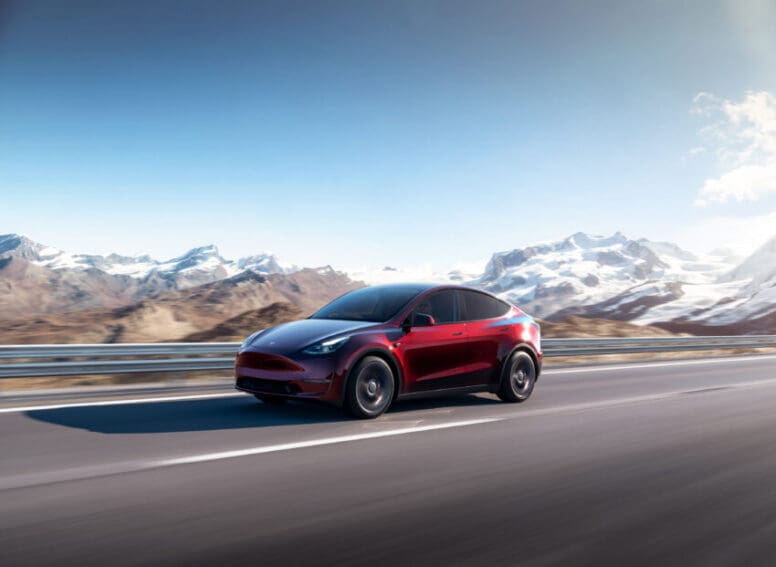
EVs more reliable and as long-lived as ICE, finds study
Electric cars are more reliable than petrol or diesel models, can cover more miles and will last as long or longer than ICE models, according to a major new study.
Researchers at the University of Birmingham said their findings marked a ‘pivotal moment’ in the move to more sustainable transport as EVs overtook their ICE counterparts in dependability.
The study examined almost 300 million MOT test records to build up a picture of the ‘health’ of every vehicle on UK roads between 2005 and 2022, and estimate their longevity and what researchers called ‘survival rates’.
The figures showed that early EVs were less reliable and shorter-lived than petrol or diesel vehicles, but that rapid advances in EVs have allowed them to reach comparable lifespans even under more intensive use.
EVs now have an average lifespan of 18.4 years and will travel 124,000 miles – more than an average ICE vehicle.
Reliability has improved across all types of powertrain but the study found far more rapid improvement among EVs thanks to the huge investment in their development in recent years. The MOT data showed that over the 17 years, EVs showed a 12% lower likelihood of failure (hazard rate) for each successive year of production, compared to 6.7% for petrol and 1.9% for diesel vehicles.
The findings support data from vehicle data specialist Geotab, which showed that EV batteries should last at least 20 years and lose far less usable capacity than initially suspected.
Publishing their findings in Nature Energy, researchers from the University of Birmingham, London School of Economics and Political Science (LSE), University of California San Diego, and University of Bern, Switzerland, revealed that Tesla leads the way in terms of EV longevity, with Audi and Skoda performing best among ICE vehicles.
Co-author Dr Viet Nguyen-Tien, from the LSE, commented: “Our findings provide critical insights into the lifespan and environmental impact of electric vehicles. No longer just a niche option, BEVs are a viable and sustainable alternative to traditional vehicles – a significant step towards achieving a net-zero carbon future.”
Co-author Robert Elliott, Professor of Economics at the University of Birmingham, added: “BEVs offer significant environmental benefits, especially as Europe switches to a more renewable energy mix. Despite higher initial emissions from production, a long-lasting electric vehicle can quickly offset its carbon footprint, contributing to the fight against climate change – making them a more sustainable long-term option.
“Our findings offer consumers reliable data to make informed decisions about their vehicle purchases, whilst policymakers can use our insights to shape regulations and incentives that promote the adoption of durable and environmentally friendly vehicles and plan ahead their end-of-life treatment.”